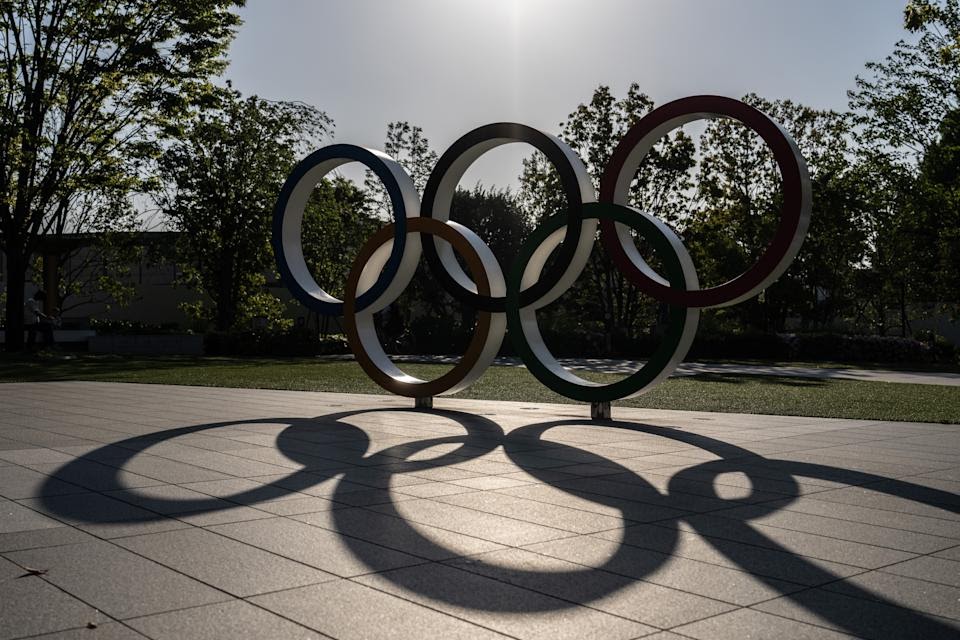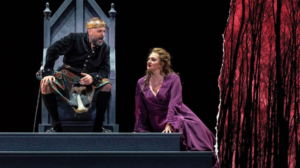International Olympic Committee Bans Protesting on the Stand

Photo Courtesy of Yahoo Finance
By Angela Hickey
Recently, the International Olympics Committee (IOC) made the decision to ban Olympians from protesting against human rights abuses on the stand at the Tokyo 2020 and Beijing 2022 Olympics.
After the global anti-racism protests that took place over the last year, the IOC came under extreme pressure to relax Rule 50 of The Olympic Charter. Rule 50 states, “No kind of demonstration or political, religious or racial propaganda is permitted in any Olympic sites, venues or other areas.”
Instead of relaxing the rule, the IOC decided to keep the ban after conducting a survey of 3,547 athletes from 185 countries. This survey found that 70% of athletes believe that the field of play and official ceremonies were not an appropriate place for protest; 67% of athletes supported a ban on podium protests.
Protesting on the podium is not uncommon; one of the most well-known protests was done by American sprinters Tommie Smith and John Carlos, who raised their fists in a Black-power salute at the Mexico Games in 1968. The two were kicked out of Mexico within 48 hours of their win at the urging of the IOC president Avery Brundage and received numerous death threats, with Smith fearing for years after that every crack he heard was a rifle bullet. The two sprinters, as well as Australian-born sprinter Peter Norman, who stood with them on the podium with a silver medal and stood in solidarity with the two, was also treated as a pariah and cut from the 1972 Olympics despite having run the qualifying time.
Kirsty Coventry, the IOC Athletes Commission chair, declined to say what would happen to any athletes who would protest on the podium despite the ban.
“I’m not a lawyer so that is a little bit out of my realm,” she said. “We’re asking the Legal Affairs Commission to come up with a proportionate range of different sanctions so that everyone knows, going into a Games, what they can and cannot do.”
Athletes could still share their views at press conferences, but in the IOC Athletes’ Commission document athletes are reminded that freedom of speech “is not absolute” and “may be limited” under certain restrictions, which it said covers the Olympic Games.
Despite this, Coventry stated that there will be an increase in the number of opportunities for athletes expression during the games, such as including having a “moment of solidarity against discrimination” at the opening ceremony, which 48% of survey respondents rated as “important.”
The United States Olympic and Paralympic Committee has said it will not punish athletes for demonstrations such as kneeling or raising a fist.
IOC President Thomas Bach promised that the Olympic village would be as safe as possible for all participating athletes in response to concerns about the spread of COVID-19.
“In recent months, 340 major events have been staged with 40,000 athletes and none of these events have been a virus spreader and none of these events had the benefit of the vaccine,” he said. “The Olympic village will be a pretty safe place for everyone.”







